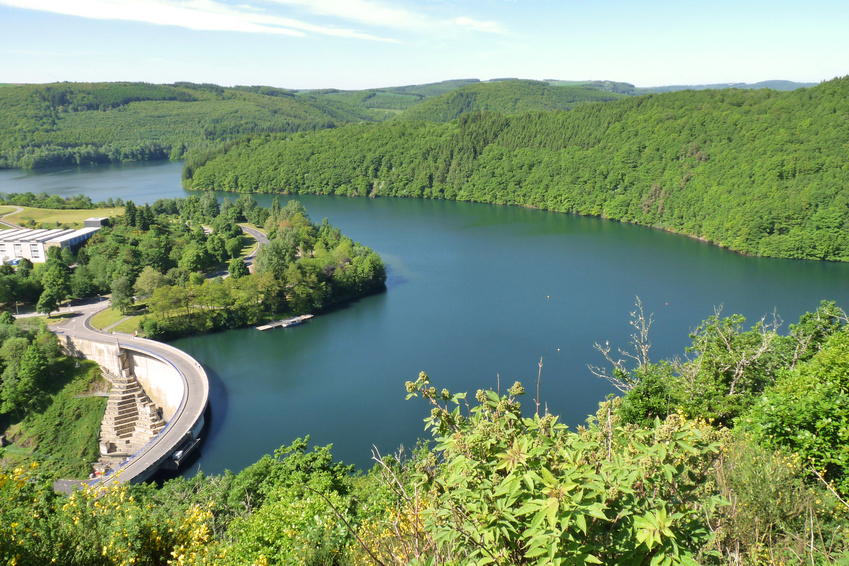« Dans une interview parue en date du 1er février dans le quotidien Luxemburger Wort, le président de la Chambre d’agriculture regrette qu’aucune suite n’ait été donnée à l’analyse d’un expert indépendant sur la haute concentration en phosphate dans l’eau du lac de barrage de la Haute-Sûre que la Chambre d’agriculture avait soumise à Madame la Ministre.
Voilà pourquoi j’aimerais poser les questions suivantes à Madame la Ministre de l’Environnement, du Climat et du Développement durable :
– Madame la Ministre peut-elle confirmer ces informations ?
– Est-ce que Madame la Ministre a fait vérifier l’analyse précitée ?
– Dans l’affirmative, les résultats de l’analyse susmentionnée sont-ils confirmés par d’autres analyses, effectuées, le cas échéant, par les services de Madame la Ministre ?
– Dans l’affirmative, quelles suites Madame la Ministre entend-elle donner à ces résultats ?
– Madame la Ministre peut-elle fournir des explications supplémentaires concernant l’origine de la haute concentration en phosphate dans l’eau du barrage ? »
Answer
The ministry received indeed the opinion of the Chamber of Agriculture as well as the independent expert report. After an analysis of this, no fundamental questioning of the scientific basis of the water protection zones, which were established after a long public consultation, could be noted. The possibility that the high concentration of phosphate in the water of the dam lake comes from agriculture, remains quite possible, therefore the application of the precautionary principle is required.






